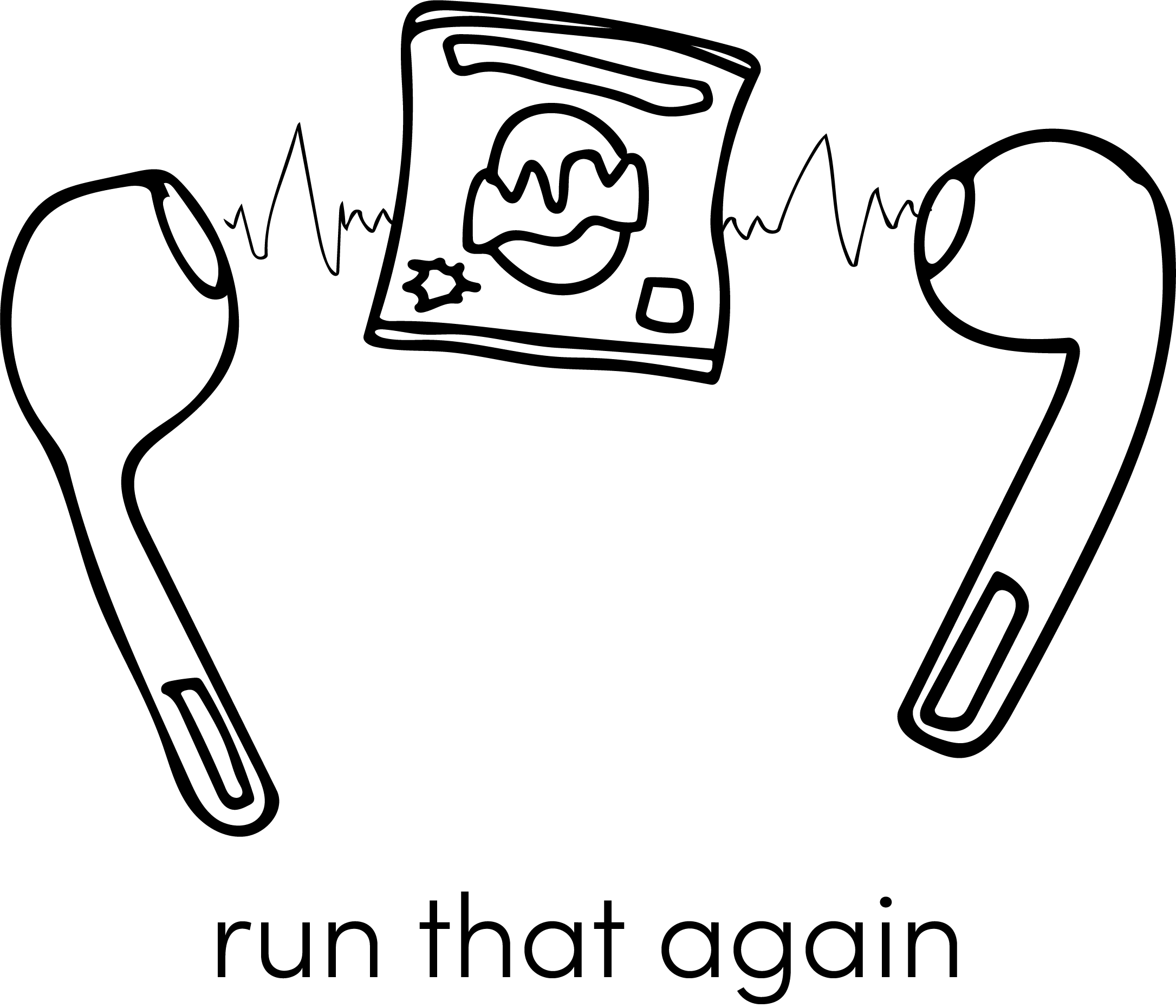Miss Americana review: would you be rolling your eyes if she were a man?
By Rachel T
“‘Miss Americana’ has something to teach us about how we have been taught to view women, both in general and within the music industry.”
In a letter entitled ‘Don’t know what else to do’ posted on Facebook this past November, Taylor Swift announced that Netflix would be making a documentary about her life. This letter addressed the well-publicised dispute with Scott Borchetta and Scooter Braun for ownership of Taylor’s old music (everything released before ‘Lover’). In the letter, Taylor explained how this would effect her ability to use her old songs and footage of old performances in the documentary.
Taylor made it clear that this letter wasn’t the way she had wanted to release the news about the documentary – she has been known to enjoy dropping playful hints and Easter eggs before any big announcement (eg. the title for her latest album, ‘Lover’, was teased in the music video for the single ‘ME!’), and it’s easy to imagine that this is the sort of thing she had in mind for announcing ‘Miss Americana’. Despite this rocky start, the reasons for which Taylor felt compelled to write that letter are an apt prelude to the documentary’s content.
Whilst the Braun-Borchetta dispute is not mentioned, its presence is felt in the sense that it is part of the larger fabric of the way Taylor has been treated as a woman in the music industry. For years, Taylor explains, she has been told that to be successful she must be nice and uncontroversial, pretty but un-opinionated. One of the central parts of the documentary is Taylor’s journey to publicly voicing her political views for the first time, and in the process dismantling the patriarchal values that she has been taught to abide by.
This documentary certainly proves that the old Taylor can’t come to the phone right now.
One of the most enjoyable parts of ‘Miss Americana’ is footage of Taylor in the studio – it is a reminder that at the centre of all this is undeniable talent and a lot of hard work. Hearing the first draft of an iconic lyric and seeing the exact moment when Taylor comes up with some of her best ideas is like watching magic happen. It is true that some of the footage we see in the documentary has already been released before – much of the making of ‘Reputation’ will be familiar to a seasoned Swiftie – but this documentary is for Swifties and non-Swifties alike, and for many this may be the first time they see Taylor’s song-writing in action.
Taylor’s song-writing process is something of a sub-plot in the documentary, and yet her work in the studio reflects what is going on in Taylor’s life at that time – the two songs that stand out most clearly in this regard are The Man (on the ‘Lover’ album), which addresses double standards, and Only the Young, a political song released as a companion to the documentary.
Taylor Swift, 2012, Eva Rinaldi via Flickr and Creative Commons.
When watching ‘Miss Americana’, at least at first, it’s tempting to roll your eyes at Taylor’s (on the surface) distinctly ‘first world problems’. It’s difficult to feel too sorry for someone as rich and successful as Taylor when she receives a bit of bad press or doesn’t get nominated for a Grammy. However, as the documentary progresses it becomes clear that many of the problems which Taylor has had to face throughout her life are issues that many women around the world have faced and continue to face.
In the spirit of ‘The Man’, we must also ask ourselves: would we be rolling our eyes at Taylor if she was a man? Perhaps ‘Miss Americana’ has something to teach us about how we have been taught to view women, both in general and within the music industry. Taylor admits that un-learning everything she has been told for her entire career is still a work in progress but it is clear that, whilst she found her singing voice a long time ago, she is well on her way to finding her speaking voice as well.
Miss Americana is on Netflix now.

